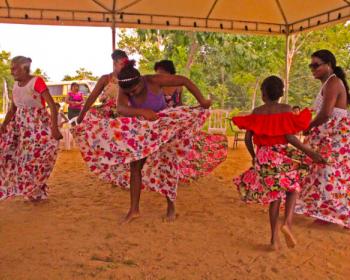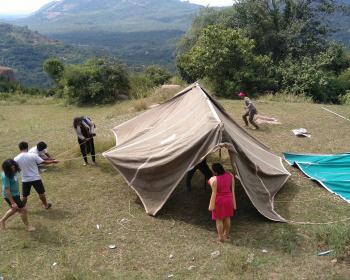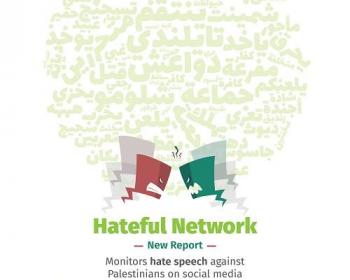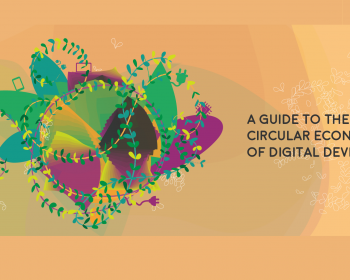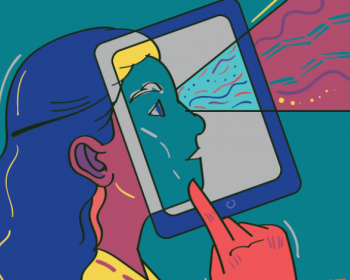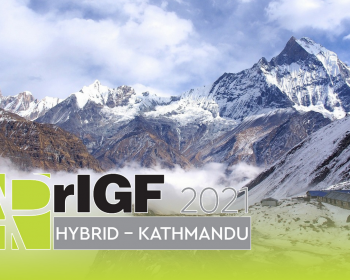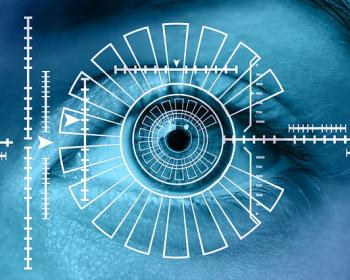Human rights and ICTs
This guide aims to show you how to think and act collectively to change direction towards a regenerative and redistributive economy respecting both human and ecological rights and limits. It describes the concepts and processes of circularity and summarises key challenges and opportunities.
Four Black women in Brazil share their insights on the impact of internet, communication and information technologies towards achieving social and environmental justice.
"With APC, we have experienced a network whose technology and community initiatives seek equitable knowledge communities, with a special emphasis on the global South," said Servelots, which first joined the APC community as a partner organisation in its community networks initiative.
APC and other civil society organisations call on UN Human Rights Council (HRC) member states to take urgent action at the ongoing 48th HRC session to denounce the unfolding and unprecedented scale of human rights violations by states facilitated by the use of the NSO Group’s Pegasus spyware.
This newly released study by 7amleh –The Arab Center for Social Media Advancement sheds light on the spread of hate speech among Palestinians in the digital space and its repercussions on their digital rights.
The first modules of a step-by-step guide that explains the negative impact of digital devices on both people and the planet and how a circular approach to the production, use and disposal of digital devices offers a solution will be launched on 4 October.
This report tracks recent trends in internet use in Nepal, incorporates findings from a survey administered to 196 individuals from the Kathmandu valley and surrounding areas, and recommends a way forward to build a more inclusive, tolerant and feminist internet.
The Asia Pacific Regional Internet Governance Forum (APrIGF) serves as a platform for discussion, exchange and collaboration at a regional level. This year will be a hybrid event in Kathmandu and the overarching theme is “Towards an Inclusive, Sustainable and Trusted Internet".
Joint letter, signed by a coalition of civil society and industry stakeholders, raises concerns about the human rights risks of internet fragmentation and setting out principles for an open, interconnected and interoperable internet.
Aid agencies, humanitarian organisations and other international actors operating within Afghanistan, as well as private sector vendors who supply and service digital identity, are urgently called to safeguard digital identity and biometric databases created in Afghanistan.

Association for Progressive Communications (APC) 2022
Unless otherwise stated, content on the APC website is licensed under Creative Commons Attribution 4.0 International (CC BY 4.0)



